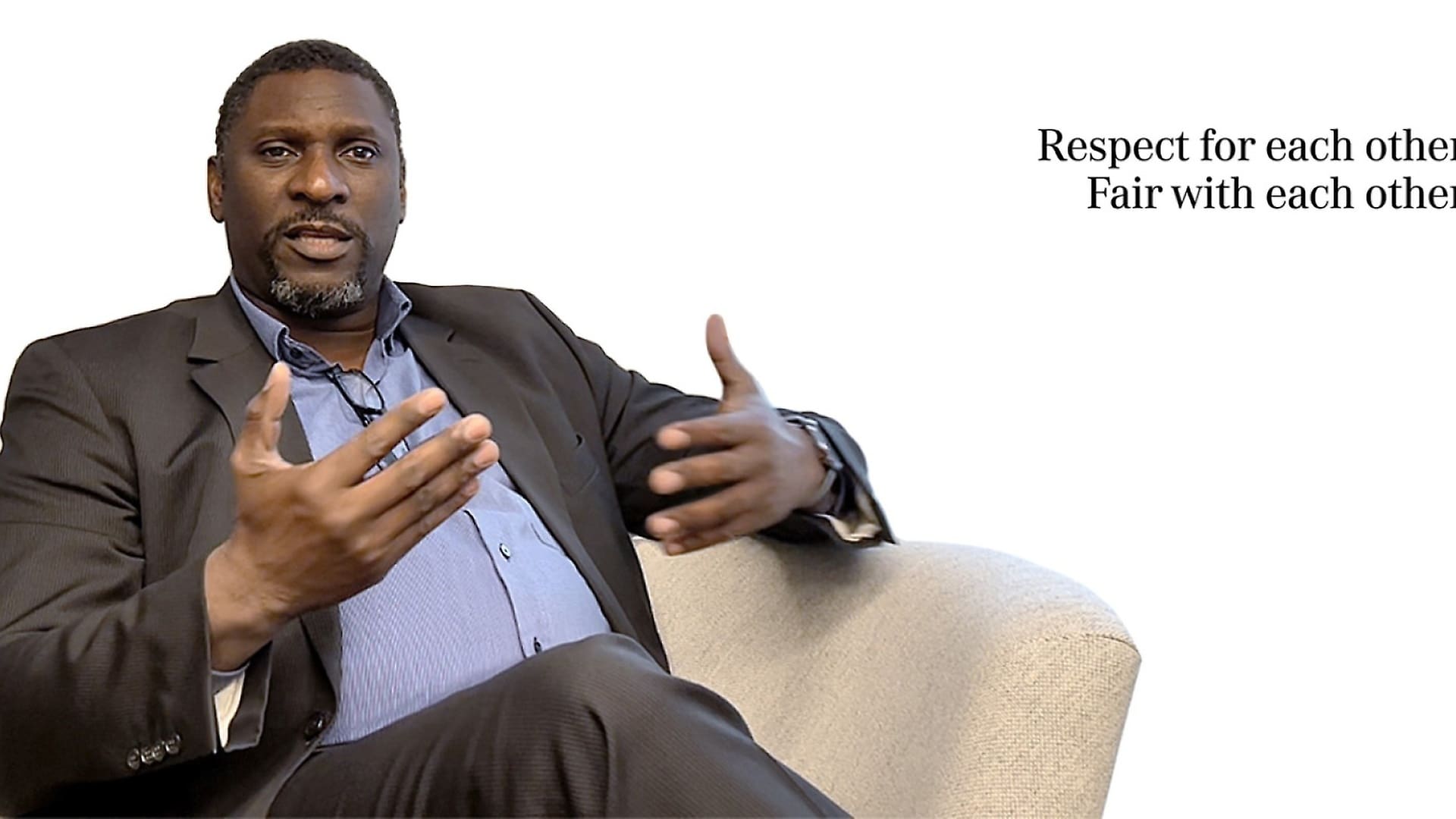Where does racism start for you?
I personally have not yet found a clear-cut definition that fits all instances. It is of course essentially about what a behaviour or comment triggers in the listener and whether it hurts the person. But in my opinion, it also very much depends on how it is meant. It thus depends on the specific situation and the intention of the counterpart. And again: It is not about the blatant, clearly racist insults, it's about the grey areas. As shown by the example that I just gave: I personally differentiate here between insensitive people and racists.
As soon as I have the impression that something could be meant in a racist manner, I always make the test: I try to find out what the intention of the counterpart is. I ask questions and deepen the discussion with the other person to gain additional information.
Other people may define racism or the impression of having experienced racism differently than I do - and that is their right. That's why it is so important to create an awareness of this topic and highlight grey areas.
,xPosition=0,yPosition=0.5)

,xPosition=0.5,yPosition=0)